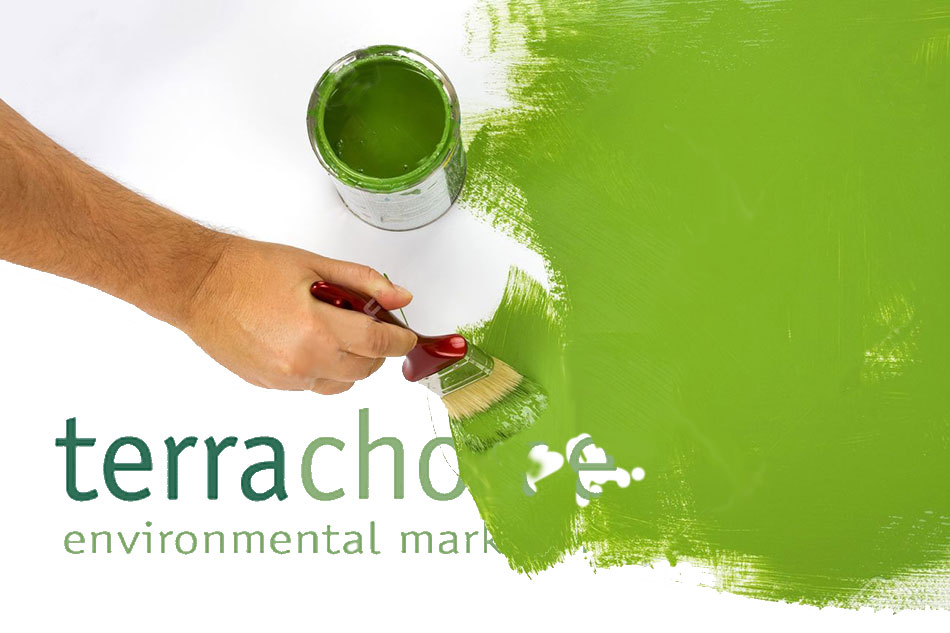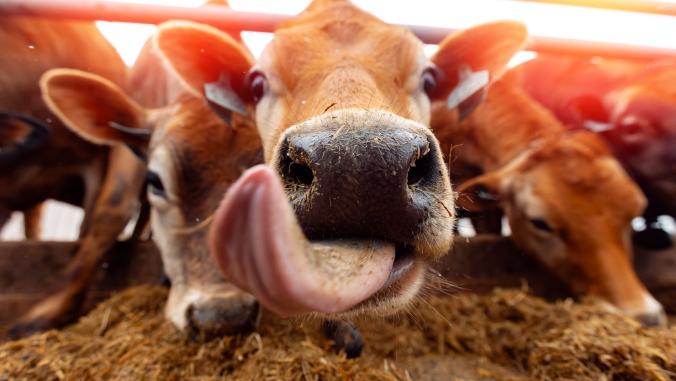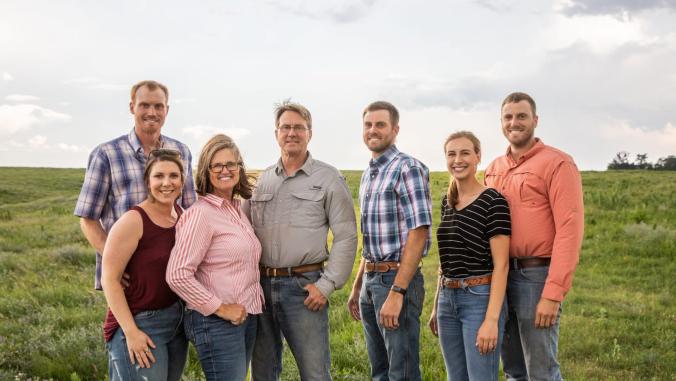Is TerraChoice Greenwashing?
The third and latest Sins of Greenwashing report may be as much of a greenwash as the products and companies it is criticizing.

I’ve been holding back on laying into the third and latest Sins of Greenwashing report – in part because I’m feeling too much like a broken record – but I’ve got to weigh in.
The report, if you’re not familiar with it, is published by TerraChoice, a Canadian-based environmental marketing agency. (Earlier this year, it was acquired by UL Environment, a division of Underwriters Laboratories. GreenBiz is engaged in a partnership with UL Environment that is wholly unrelated to TerraChoice.) TerraChoice’s report aims to take stock of the state of greenwashing — that is, false and misleading environmental marketing claims made by companies — based on a survey it conducts in 24 stores in the U.S. and Canada. This year’s survey covered nearly 5,300 products that made some kind of environmental claim. All told, more than 12,000 claims were evaluated.
TerraChoice uses a seven-part screen to judge the claims. Any product that failed to pass any one of the seven screens – “sins,” as TerraChoice calls them – was deemed to be greenwash.
The verdict: 95% of the products failed the test. Nearly everyone, according to TerraChoice, is a sinner.
This, believe it or not, is an improvement over last year, when over 98% (of about 2,200 products) were greenwash, according to TerraChoice. In 2007, the first year of the report, 99% (of about 1,000 products) failed. That, it could be said, is progress.
So, what’s my beef? Simply put, the report may be as much of a greenwash as the products and companies it is criticizing.
Want proof? I put the report to its own test. Here is my assessment of the report weighed against three of TerraChoice’s seven “sins.”
- The Sin of No Proof “is an environmental claim that cannot be substantiated by easily accessible supporting information or by a reliable third-party certification,” according to TerraChoice. By that measure, the report fails the test. Its findings do not include supporting information -- it offers only high-level, unsubstantiated findings -- and were not vetted or verified by an independent third party. You have to take the authors' word for it. Any marketer who takes that approach with their products is dubbed a greenwasher by TerraChoice.
- The Sin of Vagueness is committed when a claim "is so poorly defined or broad that its real meaning is likely to be misunderstood by the consumer.” You know: generic, meaningless words that sound good but lack a legal or generally agreed-upon definition, like "natural" or "nontoxic" -- or "greenwash." So, is it an overly broad misuse to cry “greenwash” if a company, say, made a valid marketing claim but failed to adequately back it up? (Fully 70% of all products examined by TerraChoice committed this sin.) After all, "greenwash" was originally coined to describe much more egregious practices – e.g., the "dissemination of misleading or false information designed to make an organization or product appear more environmentally friendly than it actually is" or "the unjustified appropriation of environmental virtue," to cite two reasonable definitions. Neither describes the aforementioned “sinner” that simply failed to provide adequate proof of a valid claim. Hence, TerraChoice is using the same kind of sensational but vague terminology it rails against in its report.
- The Sin of Irrelevance results from an environmental claim “that may be truthful but is unimportant or unhelpful for consumers seeking environmentally preferable products.” This irrelevance cuts both ways. Did TerraChoice apply the greenwash label to companies whose product claims are factually true but insufficiently substantiated? We don't really know, because TerraChoice won't say, but to the extent that it did, this seems unimportant and unhelpful to consumers trying to make good, green choices. In a word: irrelevant.
The tally: I’ve found reasonable grounds that the TerraChoice authors violated at least three of the seven screens it set for green marketers. According to its own rules, a commission of even one “sin” qualifies as “greenwash.”
I’ll admit to some subjectivity here, but that’s partly the point. Many of these things aren’t clear-cut, despite TerraChoice's seemingly definitive pronouncements. For example, I’m guessing that SC Johnson’s Greenlist labels have been deemed by TerraChoice to be greenwash, because they’re self-certified, not verified by an independent third party. True, but SCJ’s Greenlist program — an environmental classification system designed to systematically measure, track, and reduce environmentally problematic ingredients across the company's entire product line — has won a Presidential Green Chemistry Award and accolades from environmental and industry groups. It does not mislead or cover up. I don’t consider it to be greenwash. I’m pretty sure TerraChoice does, however, because it likely commits one of its “sins.”
I say I'm “pretty sure” because TerraChoice won’t say. There are no names named about what specific sins were committed. (See “Sin of No Proof.”)
I asked Scott McDougall, TerraChoice’s president, why his company -- which is so critical of those who fail to be accountable or transparent -- is itself unwilling to name companies or products, or give examples of companies or products that fail to meet its test?
“Our desire is to be constructive, to improve the understanding and quality of claims-making and to focus on shared lessons,” he responded. “It is already difficult enough to get media to use the study this way. To name names would distract entirely and would encourage, we suspect, a witch hunt.” He placed the burden on others — the U.S. Federal Trade Commission, for example — to “identify culprits.”
Naming “culprits” is one thing. Giving concrete and instructive examples that illustrate what TerraChoice considers greenwash is another. Even anonymous or disguised real-life examples would help readers understand what greenwash looks like, and would provide a level of confidence that what TerraChoice calls greenwash meets some reasonable standard. (Did I mention that the word has no legal definition?)
It’s also worth pointing out that there’s more than a little self-interest going on here: TerraChoice (and UL Environment) is in the business of both creating green product standards and selling claims verification services to product manufacturers. As such, the company is not an innocent, independent bystander here. It has a vested interest in fanning the flames of what it dubs the “significant problem” of greenwash. To the extent that marketers get spooked, they’ll need TerraChoice’s help.
Of course, I don’t really consider the “Sins” authors to be greenwashers. I know McDougall and the other principals behind the report and consider them to be earnest, ethical, and committed individuals. The “sins” they have committed, at least by my reckoning, don’t brand them as evil. They are, at worst, publicity-seeking entrepreneurs seeking to differentiate their brand in an increasingly competitive environmental marketplace.
That is to say: They are green marketers.
I’m afraid that those who read TerraChoice’s report won’t be quite so charitable when it comes to rendering judgment on the universe of green-marketing “sinners” that have been universally tarred by TerraChoice’s brush.
I wouldn’t blame shoppers for ending up more confused and cynical than ever. And I wouldn’t be surprised if some companies thinking about touting their green innovations and achievements decide to go back into their shells, keeping mum.
And that would be the biggest sin of all.





